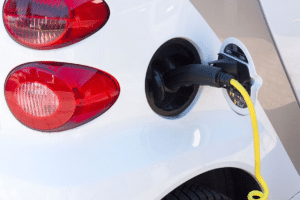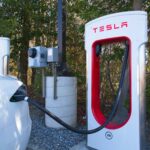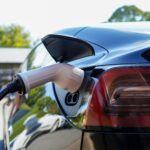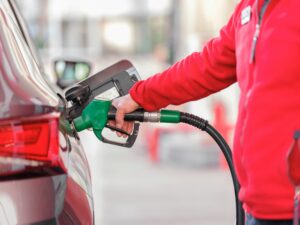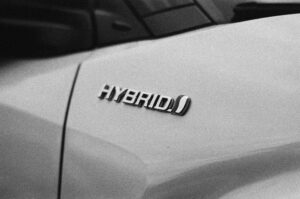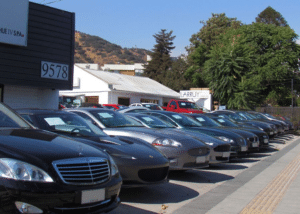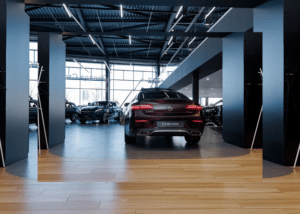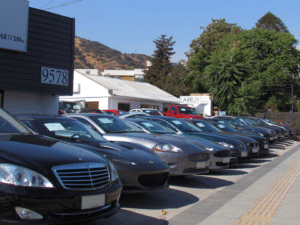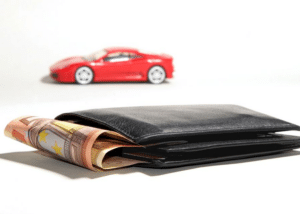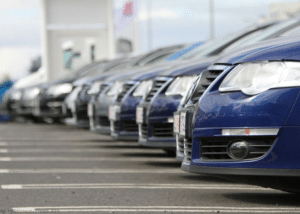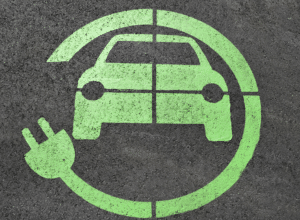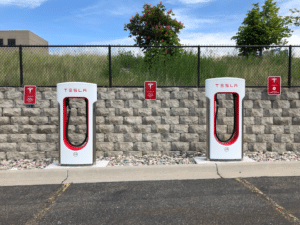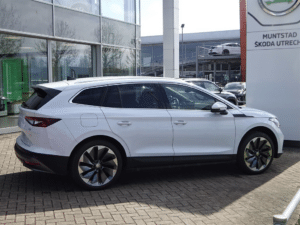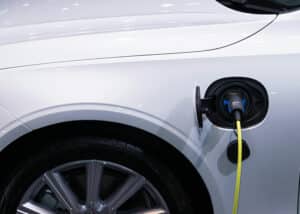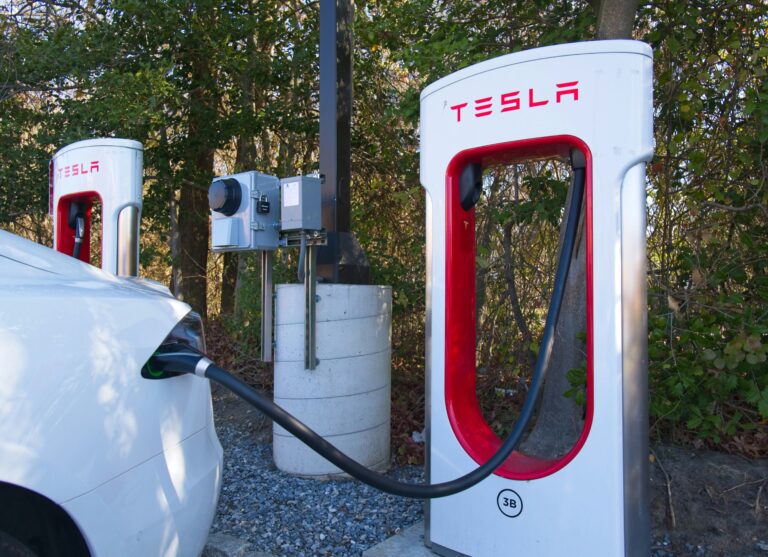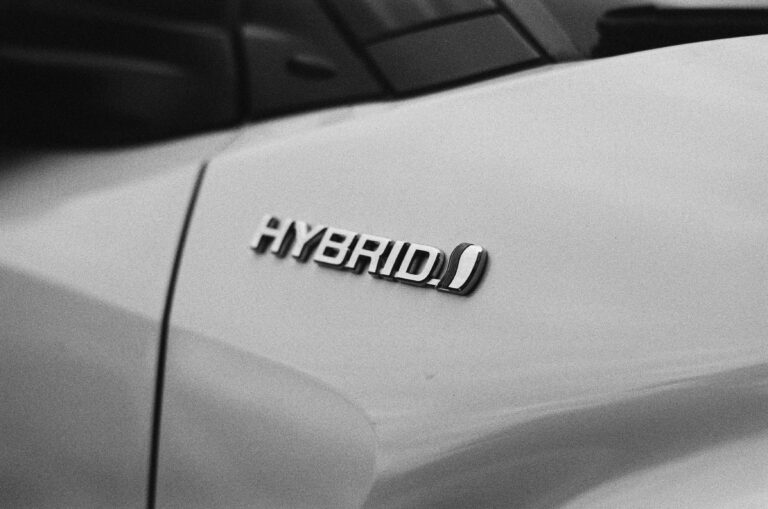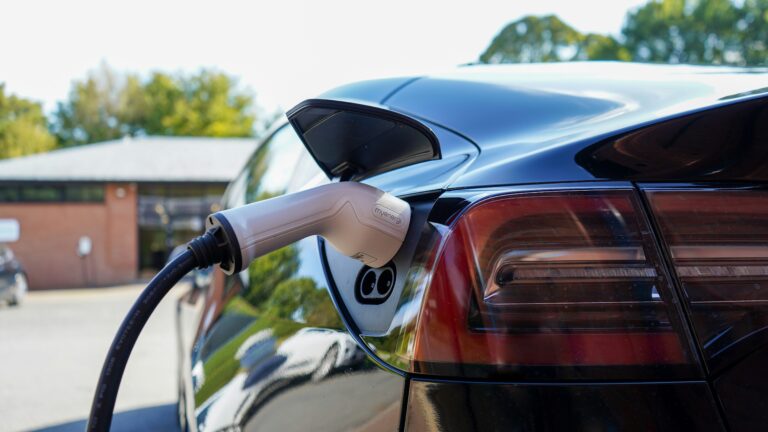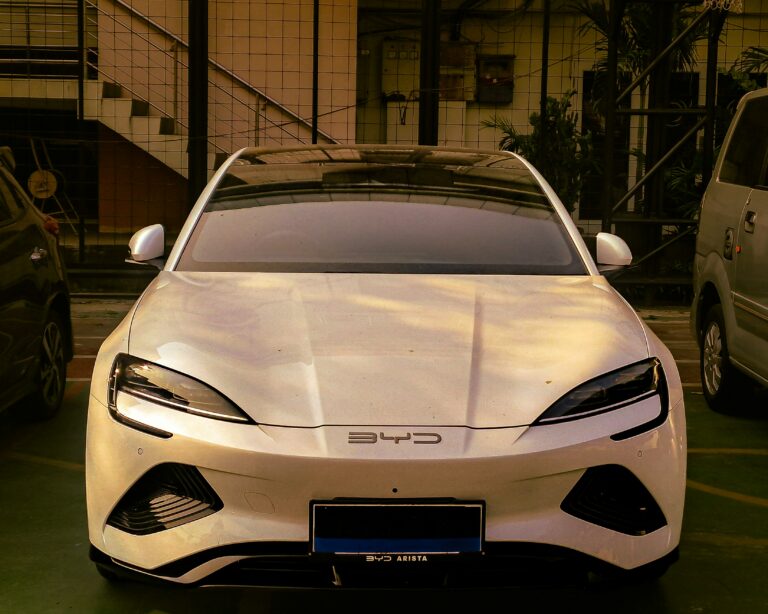Where Have All the Small Petrol Cars Gone? The landscape of small petrol cars in the UK has undergone a dramatic transformation in recent years, leaving drivers with limited options as the market shifts towards electric vehicles (EVs). Once a staple for urban commuters and young drivers, small petrol cars are now a rarity, with only three models currently available in showrooms: the Hyundai i10, Kia Picanto, and Toyota Aygo X, according to This Is Money.
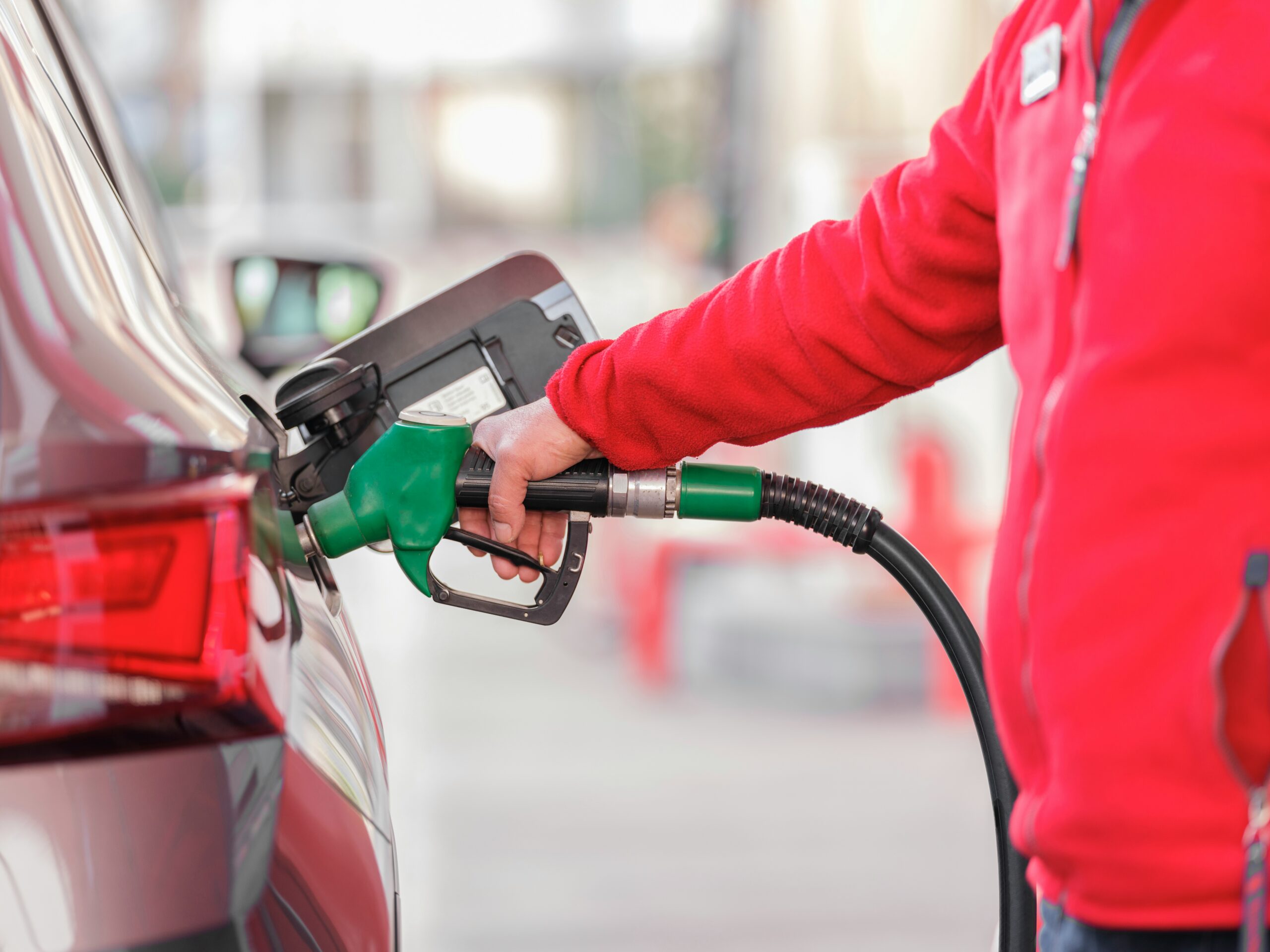
This decline is largely attributed to manufacturers prioritizing the development of EVs in response to stricter emissions regulations and the impending 2030 ban on new petrol and diesel car sales, says This Is Money. Over the past three years, several beloved internal combustion engine (ICE) models, such as the Fiat 500 and Volkswagen Up, have been discontinued. The shift has been particularly pronounced in the A-segment, commonly referred to as “city cars,” where compact battery-powered vehicles are becoming the norm.
The transition to EVs is not without its challenges. While small petrol cars have traditionally been affordable and economical, the high cost of EV batteries makes it difficult for manufacturers to produce small electric cars at a competitive price. This has led to a market dominated by larger, more expensive electric SUVs, leaving budget-conscious drivers with fewer options.
According to This Is Money, Green campaigners have criticized automakers for prioritizing profit over accessibility, arguing that the focus on high-margin vehicles undermines efforts to make EVs more widely available. Meanwhile, industry experts have expressed concerns about the economic feasibility of small EVs, citing the significant investment required to bring them to market.
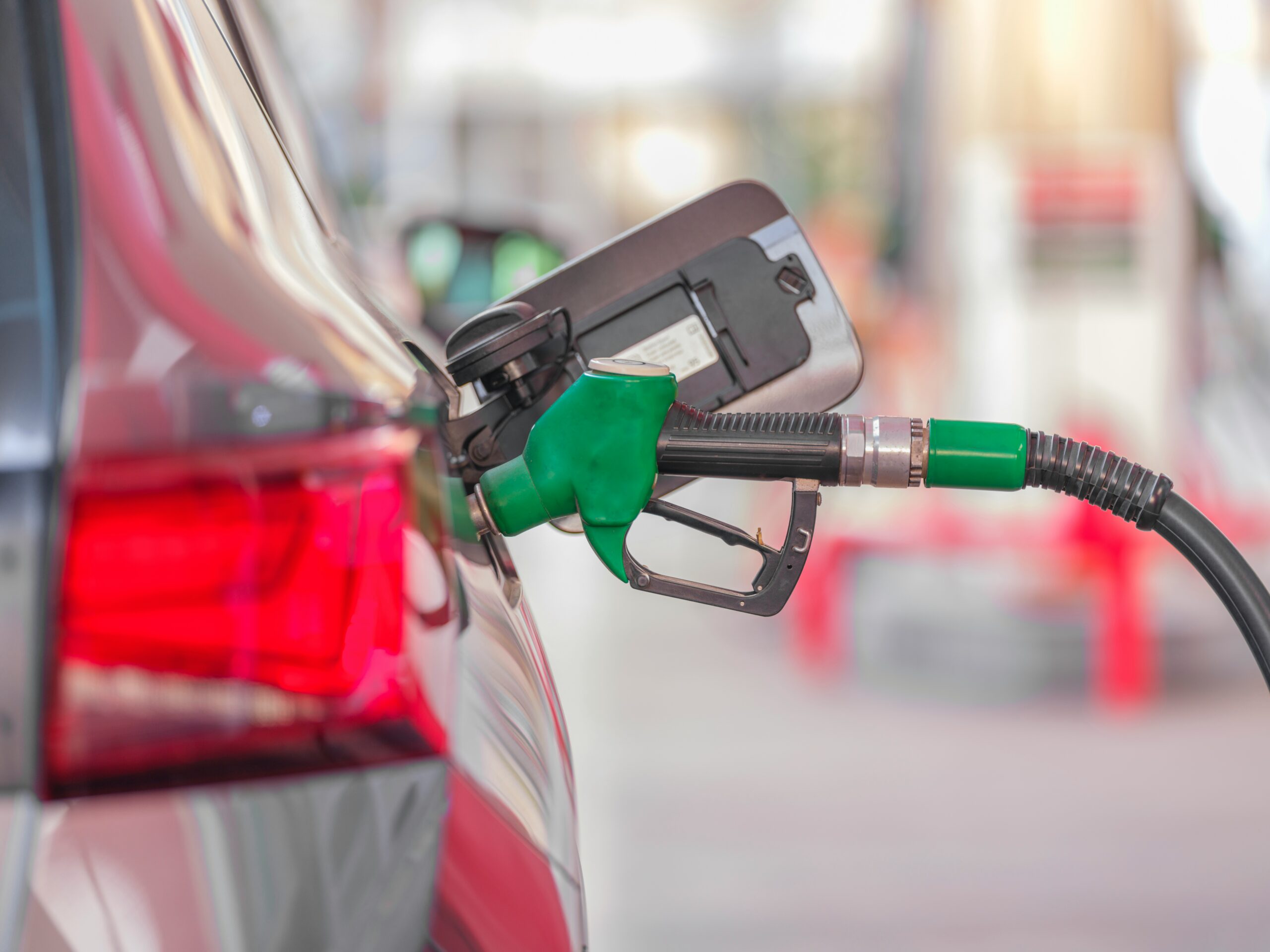
For drivers who rely on small cars for their practicality and low running costs, the dwindling availability of petrol models presents a dilemma. According to Sky News, many are hesitant to make the switch to EVs due to concerns about charging infrastructure, range limitations, and the upfront cost of electric vehicles. This hesitation is reflected in surveys, which reveal that a significant portion of drivers remain uncertain about the transition to electric mobility.
Despite these challenges, some manufacturers are exploring ways to bridge the gap. Fiat, for example, has announced plans to reintroduce a petrol-hybrid version of its 500 model, catering to drivers who are not yet ready to fully embrace EVs. Such initiatives highlight the need for a balanced approach that accommodates diverse consumer needs while advancing sustainability goals.
As the automotive industry continues to evolve, the disappearance of small petrol cars serves as a poignant reminder of the trade-offs involved in the shift towards a greener future. While the transition to EVs is essential for reducing emissions and combating climate change, it is crucial to ensure that the journey is inclusive and accessible for all drivers. Policymakers, manufacturers, and consumers must work together to address the challenges and opportunities of this new era in mobility.
Are you all for a greener and brighter future as we shift further and further towards the wonderful world of EVs? If you’re embracing it like we are and you’re thinking of swapping your petrol car out for a fancy new EV, we can help you with that. Why not come and find out the value of your car and see how much it could be worth?



















